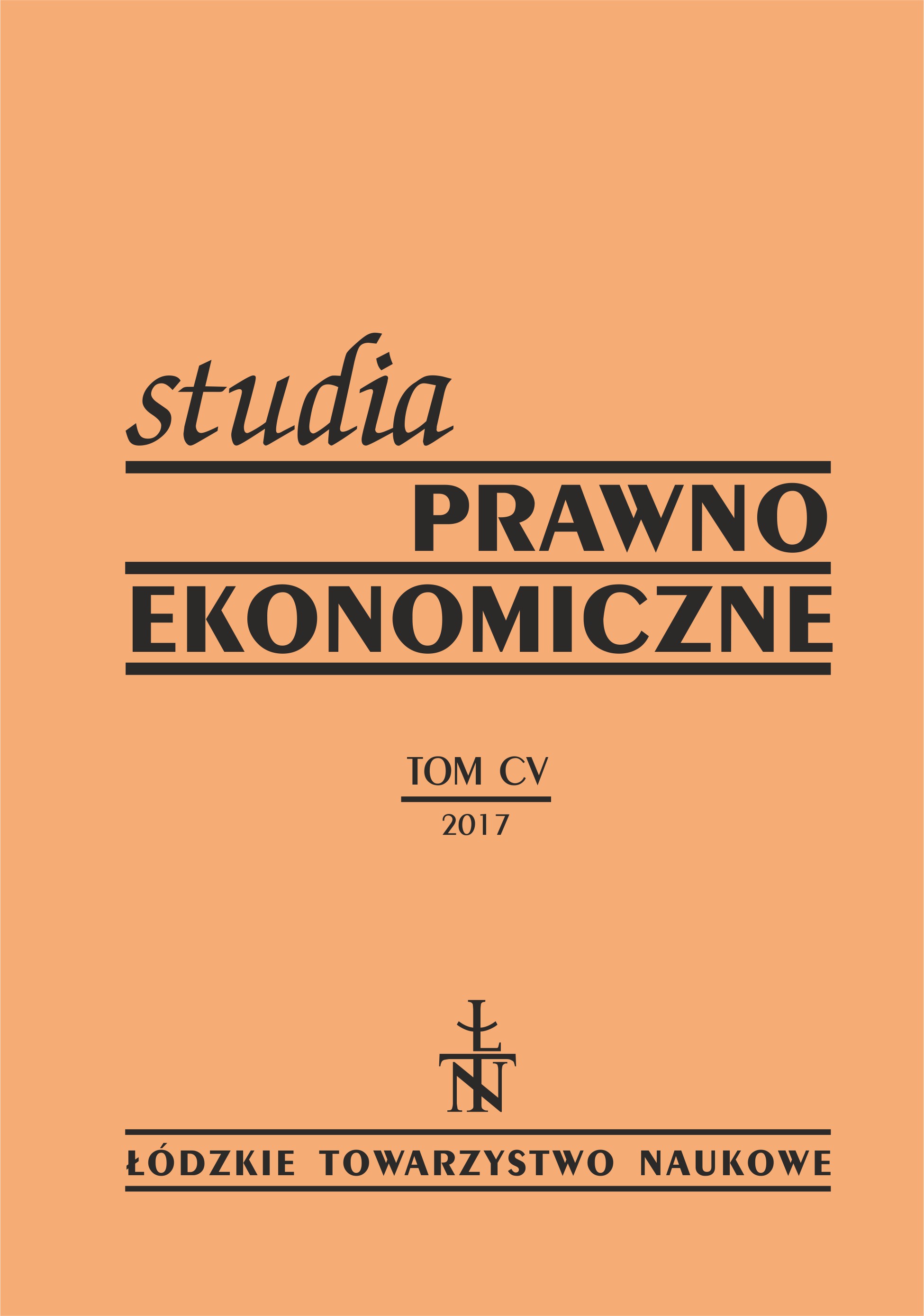Unikanie opodatkowania a uchylanie się od opodatkowania – o kryteriach rozróżniających
Tax Avoidance and Tax Evasion – Differencing Criteria
Author(s): Małgorzata KurzacSubject(s): Law on Economics
Published by: Łódzkie Towarzystwo Naukowe
Keywords: unikanie opodatkowania; uchylanie się od opodatkowania; kryteria rozróżniające
Summary/Abstract: The article presents some reflections on the essence of tax avoidance and tax evasion in Polish tax system. Both tax evasion and avoidance can be viewed as forms of tax noncompliance as they describe activities that intend to reduce one’s tax burden. The article’s main part covers the differences between these two phenomena. Analysis leads to form the differencing criteria. Tax evasion which is the kind of tax fraud is strictly connected with penal law, that is based on the special rules of responsibility. The penal responsibility has subjective and individual character. In case of tax evasion, a taxpayer does not report the subject of taxation (f.e. income) to the tax authorities in order to eliminate their tax liability. Tax avoidance is based on the abuse of tax law by means of making the artificial constructions (“tax gaps”). These constructions have no economic meaning and their only aim is reducing the taxation burden. Tax evasion is always illegal and immoral whereas tax avoidance is not illegal but means the abuse of tax legislation in order to draw benefits contrary to its aims. Both above-mentioned phenomena are incompatible with the principles upon which Polish tax system is founded. They stay in contradiction with the axiology of tax law, mainly the rules of equality and universality in taxation.
Journal: Studia Prawno-Ekonomiczne
- Issue Year: 2017
- Issue No: 105
- Page Range: 11-22
- Page Count: 12
- Language: Polish

